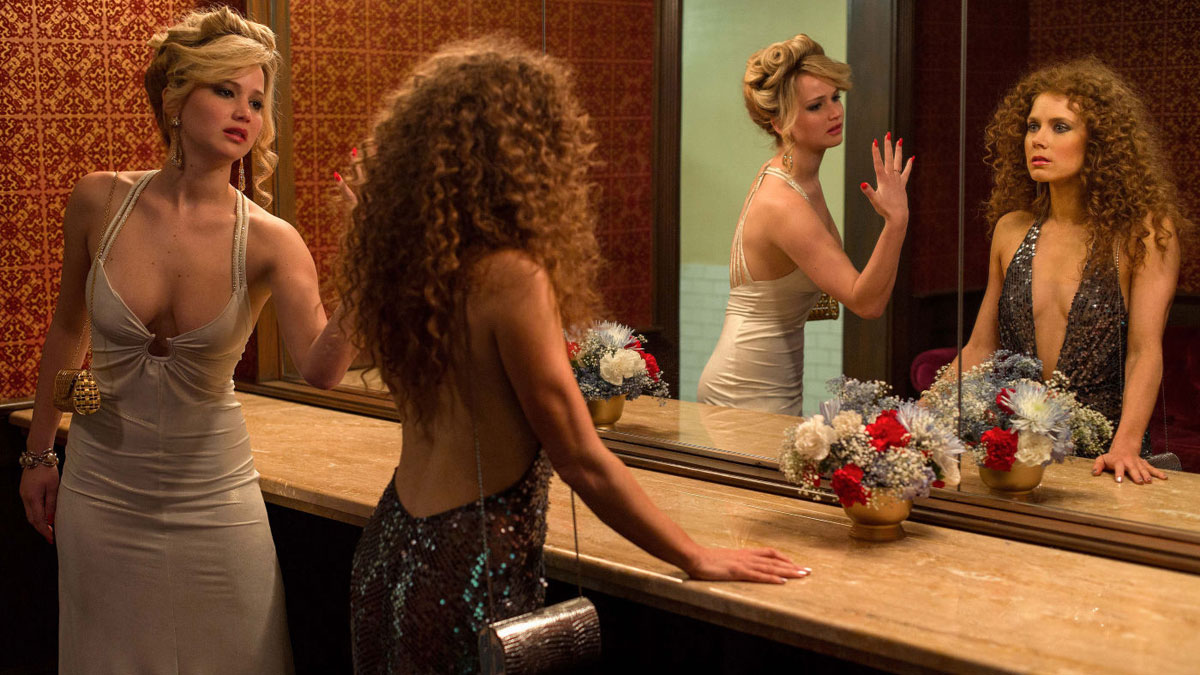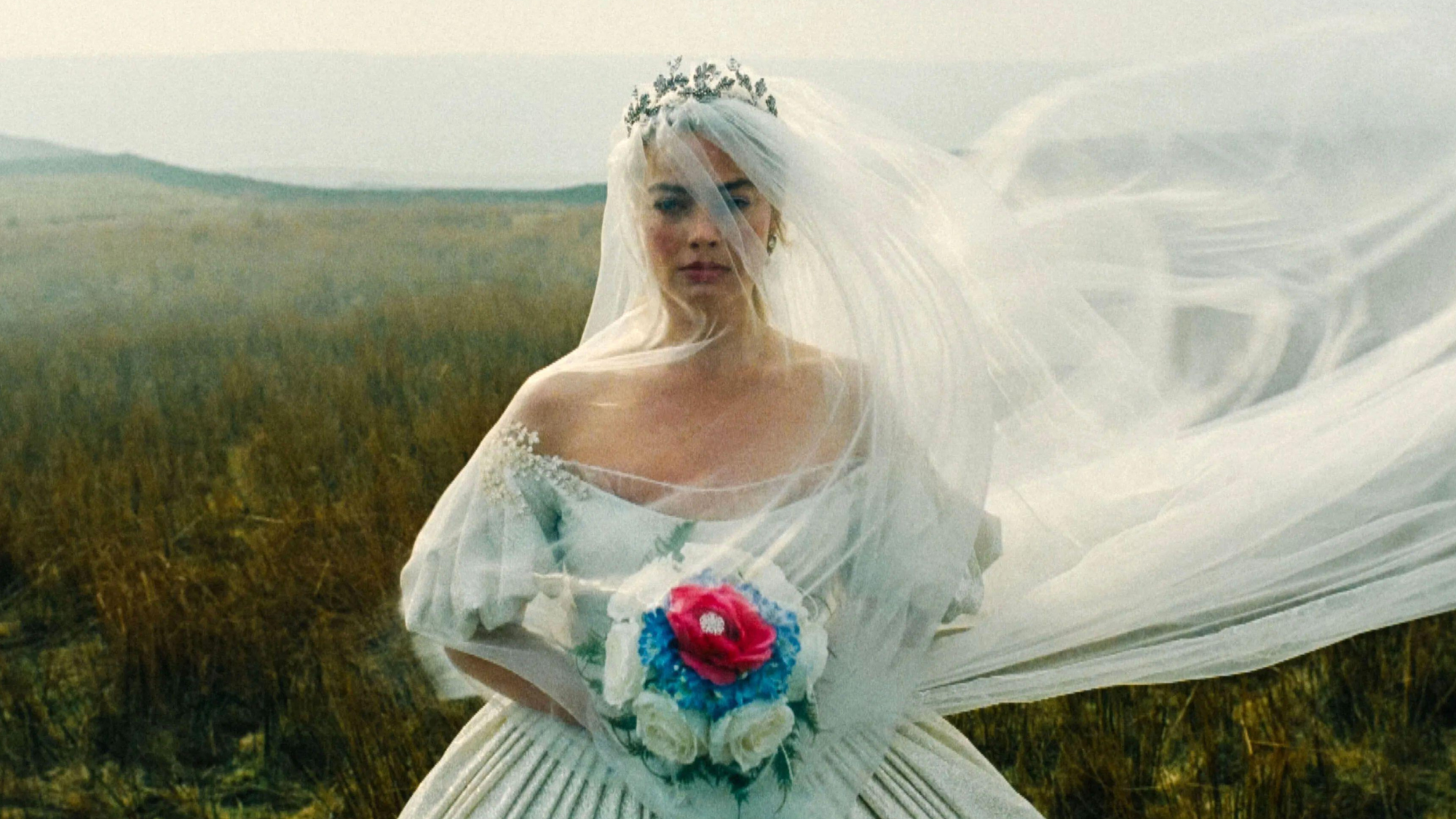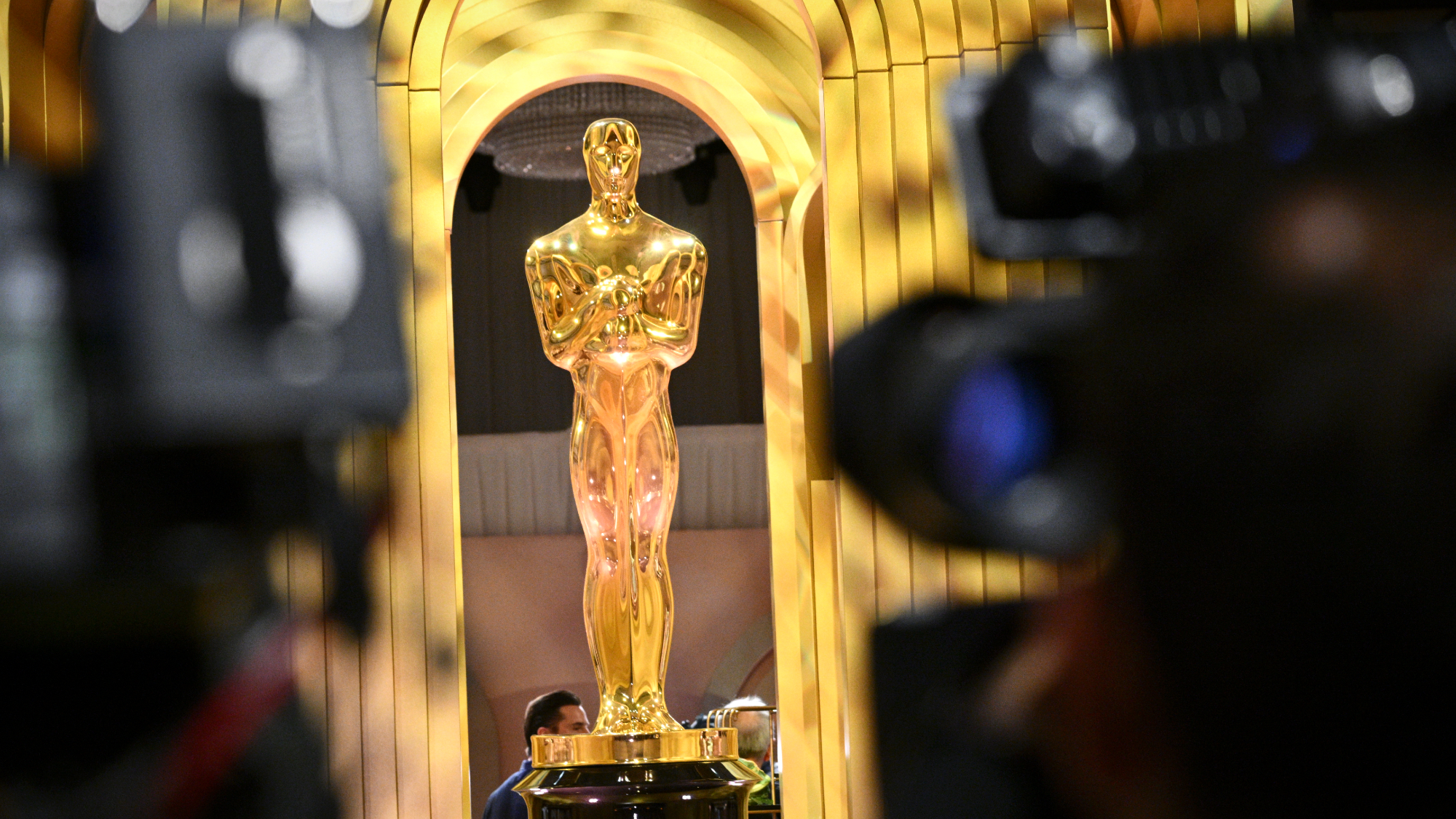Sexism in Hollywood: how women are fighting back
From pay gaps to a lack of meaningful roles, gender inequality is still rampant in the movie industry

A free daily email with the biggest news stories of the day – and the best features from TheWeek.com
You are now subscribed
Your newsletter sign-up was successful
Hollywood's problem with women is well-documented. From female actors who earn less than half than their male colleagues to a lack of equal representation in almost all areas of the movie industry.
"Society as a whole still has an issue with women, so of course Hollywood does, both behind the scenes and in front of the cameras," said Jill Pantozzi, editor of pop culture site The Mary Sue.
Now however, high profile actresses are becoming increasingly vocal about sexism they have experienced in Hollywood. "It's constant! It's how you're treated, it's how you're looked at, it's how you're expected to shut up and not have an opinion," said actress Ellen Page.
The Week
Escape your echo chamber. Get the facts behind the news, plus analysis from multiple perspectives.

Sign up for The Week's Free Newsletters
From our morning news briefing to a weekly Good News Newsletter, get the best of The Week delivered directly to your inbox.
From our morning news briefing to a weekly Good News Newsletter, get the best of The Week delivered directly to your inbox.
Despite years of protests, women are still earning significantly less than men, with Hollywood's best-compensated actresses making just 40 cents for every dollar that the highest earning men make, according to Slate. As Salma Hayek pointed out at this year's Cannes Film festival, the only part of the film industry where women make more than men is in porn.
Hollywood's pay gap came under increased scrutiny last year after leaked emails from Sony Pictures revealed that Jennifer Lawrence received far less than her male colleagues for her role in the Oscar-nominated film American Hustle, despite having equal billing. This year, however, she went on to demand $20 million – double that of her male lead Chris Patt – for the upcoming film Passengers.
Women are also not being offered an equal number of roles in films. Women account for just 15 per cent of protagonists, 29 per cent of major characters and 30 per cent of all speaking characters in films, according to a report by San Diego University last year. It also showed that only 13 percent of the top 100 films featured an equal number of major male and female characters, Time magazine reports.
But even fewer roles are offered to black and transgender female actors. Viola Davis made history by becoming the first black woman to win the Emmy for Outstanding Lead Actress in a Drama Series this week and in her acceptance speech, she said: "The only thing that separates women of colour from anyone else is opportunity. You cannot win an Emmy for roles that simply are not there."
A free daily email with the biggest news stories of the day – and the best features from TheWeek.com
Women are also regularly discriminated against based of their age, with the majority of female movie characters in their 20s and 30s, while most male characters were in their 40s and 50s. "We all watched James Bond as he got more and more geriatric, and his girlfriends got younger and younger," says actor Helen Mirren, "it's f****** ridiculous."
Earlier this year, the American Civil Liberties Union launched a campaign to have the film industry investigated for civil rights violations because of its treatment of women. The rights group said it found "rampant discrimination" against women in Hollywood and would consider taking legal action.
"Hollywood is in a dire situation in terms of gender disparities and the industry has been pretty much getting away with it," the organisation's Ariela Migdal told The Guardian.
Meanwhile, actor and writer Lena Dunham has highlighted how female directors and writers have a duty to address the problem from within by hiring more women and continuing to speak out about inequality. "It's our job as women who have been given a certain amount of success and visibility to pull other women along with us,” she says.
And what can audiences do? "As moviegoers, women can vote with their dollars," says Martha M. Lauzeen, the executive director at the US Center for the Study of Women in Television and Film, who led the San Diego study. "They can support films with female protagonists. And if they can go to see those films opening weekend, that's great. That's really helpful."
One of the simplest ways to measure sexism in cinema is the Bechdel Test. In order to pass, a film must include at least one scene in which two named women talk to one another about something other than a man. Though this may not seem like a high benchmark, more than a third of blockbusters released so far this year failed to pass the test, Fusion.net notes.
Research published by FiveThirtyEight last year debunked a popular myth that films featuring meaningful interaction between women are not profitable, by comparing the money made by films that passed the Bechdel Test to those that didn't. "Hollywood is in the business of making money," they said. "It may be only a matter of time before the data of dollars and cents overcomes the rumours and prejudices defining the budgeting process of films for, by and about women."
-
 Local elections 2026: where are they and who is expected to win?
Local elections 2026: where are they and who is expected to win?The Explainer Labour is braced for heavy losses and U-turn on postponing some council elections hasn’t helped the party’s prospects
-
 6 of the world’s most accessible destinations
6 of the world’s most accessible destinationsThe Week Recommends Experience all of Berlin, Singapore and Sydney
-
 How the FCC’s ‘equal time’ rule works
How the FCC’s ‘equal time’ rule worksIn the Spotlight The law is at the heart of the Colbert-CBS conflict
-
 Microdramas are booming
Microdramas are boomingUnder the radar Scroll to watch a whole movie
-
 The biggest box office flops of the 21st century
The biggest box office flops of the 21st centuryin depth Unnecessary remakes and turgid, expensive CGI-fests highlight this list of these most notorious box-office losers
-
 The 8 best superhero movies of all time
The 8 best superhero movies of all timethe week recommends A genre that now dominates studio filmmaking once struggled to get anyone to take it seriously
-
 Josh D’Amaro: the theme park guru taking over Disney
Josh D’Amaro: the theme park guru taking over DisneyIn the Spotlight D’Amaro has worked for the Mouse House for 27 years
-
 Golden Globes affirm ‘One Battle,’ boost ‘Hamnet’
Golden Globes affirm ‘One Battle,’ boost ‘Hamnet’Speed Read Comedian Nikki Glaser hosted the ceremony
-
 The most anticipated movies of 2026
The most anticipated movies of 2026The Week Recommends If the trailers are anything to go by, film buffs are in for a treat
-
 Oscars jump to YouTube after decades at ABC
Oscars jump to YouTube after decades at ABCSpeed Read The awards show will be broadcast worldwide on YouTube starting in 2029
-
 Son arrested over killing of Rob and Michele Reiner
Son arrested over killing of Rob and Michele ReinerSpeed Read Nick, the 32-year-old son of Hollywood director Rob Reiner, has been booked for the murder of his parents